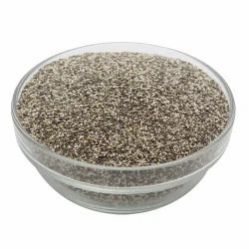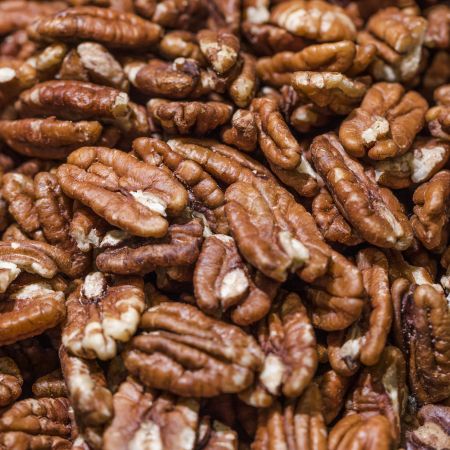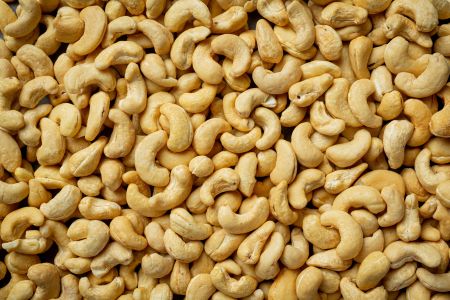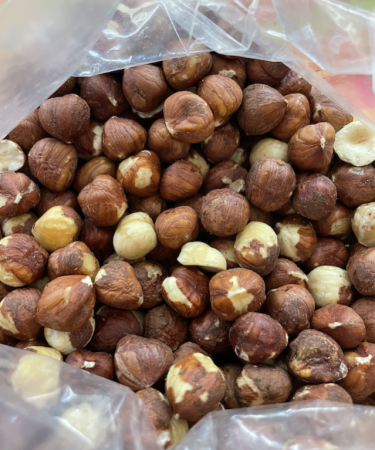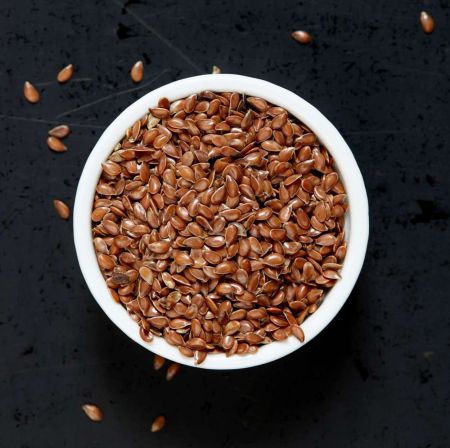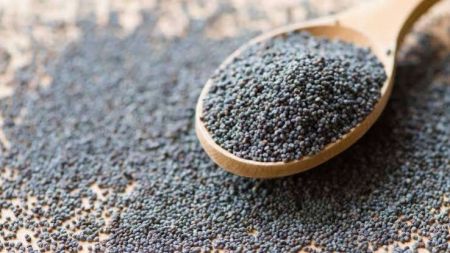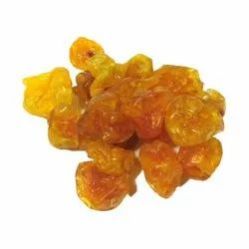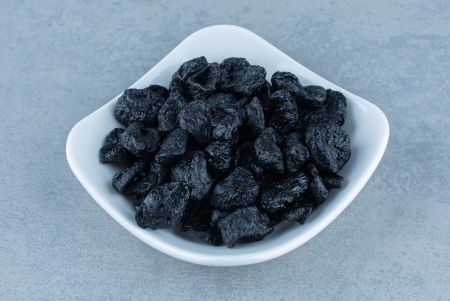Dates
Dates are sweet, chewy fruits that grow on the date palm tree (Phoenix dactylifera), primarily in Middle Eastern and North African regions. They are known for their rich caramel-like flavor and high nutritional value, being packed with natural sugars, fiber, vitamins, and minerals. Dates are often enjoyed fresh or dried and are commonly used in various cuisines, snacks, desserts, and even as a natural sweetener in recipes. They hold cultural significance in many traditions and are frequently consumed during religious observances, such as Ramadan.
₹ 180.00
₹190
(Inclusive of all taxes)
-

No Warranty
-

COD Avilable
-

Returnable
-

Non cancelable
About this item
Dates are the sweet, edible fruits of the date palm tree (Phoenix dactylifera), which is native to the Middle East and North Africa but is now cultivated in many tropical and subtropical regions around the world. Dates have been a staple food for thousands of years and are often found in Middle Eastern cuisine.
Characteristics:
- Appearance: Dates are oval or cylindrical in shape and have a smooth, shiny skin that can vary in color from bright yellow to deep brown, depending on the variety and ripeness. They typically range from about 1 to 3 inches in length.
- Texture and Flavor: The flesh of the date is chewy and sticky, with a sweet, rich flavor that can be likened to caramel or honey. Some varieties may have a slight nuttiness or spiciness as well.
- Types: There are numerous varieties of dates, with the most popular being Medjool, Deglet Noor, and Barhi. Medjool dates are known for their large size and rich flavor, while Deglet Noor dates tend to be drier and more translucent.
Nutritional Value:
Dates are highly nutritious and provide a good source of energy, primarily from natural sugars like fructose and glucose. They also contain dietary fiber, vitamins (especially B vitamins), and minerals such as potassium, magnesium, and iron. Their high fiber content supports digestive health, while the antioxidant properties can contribute to overall health.
Uses:
- Culinary: Dates can be eaten fresh or dried and are commonly used in baking, cooking, or as a natural sweetener in various dishes. They are often added to smoothies, salads, energy bars, and desserts. In many cultures, dates are also enjoyed during religious observances, such as Ramadan.
- Cultural Significance: Dates hold cultural and historical significance in many Middle Eastern cultures and are often associated with hospitality and traditional customs.
Health Benefits:
In addition to being a quick source of energy, dates are known for several health benefits, including:
- Supporting heart health due to their potassium content.
- Providing antioxidants that help combat oxidative stress.
- Promoting digestive health and regularity due to their fiber content.
- Potentially aiding in labor when consumed by pregnant women, as some studies suggest they may help promote cervical dilation.
In summary, dates are a delicious and nutritious fruit that have been cherished for centuries for their flavor, versatility, and health benefits. Their unique sweetness makes them a popular ingredient in many culinary traditions around the world.
Dates are the sweet, edible fruits of the date palm tree (Phoenix dactylifera), which is native to the Middle East and North Africa but is now cultivated in many tropical and subtropical regions around the world. Dates have been a staple food for thousands of years and are often found in Middle Eastern cuisine.
Characteristics:
- Appearance: Dates are oval or cylindrical in shape and have a smooth, shiny skin that can vary in color from bright yellow to deep brown, depending on the variety and ripeness. They typically range from about 1 to 3 inches in length.
- Texture and Flavor: The flesh of the date is chewy and sticky, with a sweet, rich flavor that can be likened to caramel or honey. Some varieties may have a slight nuttiness or spiciness as well.
- Types: There are numerous varieties of dates, with the most popular being Medjool, Deglet Noor, and Barhi. Medjool dates are known for their large size and rich flavor, while Deglet Noor dates tend to be drier and more translucent.
Nutritional Value:
Dates are highly nutritious and provide a good source of energy, primarily from natural sugars like fructose and glucose. They also contain dietary fiber, vitamins (especially B vitamins), and minerals such as potassium, magnesium, and iron. Their high fiber content supports digestive health, while the antioxidant properties can contribute to overall health.
Uses:
- Culinary: Dates can be eaten fresh or dried and are commonly used in baking, cooking, or as a natural sweetener in various dishes. They are often added to smoothies, salads, energy bars, and desserts. In many cultures, dates are also enjoyed during religious observances, such as Ramadan.
- Cultural Significance: Dates hold cultural and historical significance in many Middle Eastern cultures and are often associated with hospitality and traditional customs.
Health Benefits:
In addition to being a quick source of energy, dates are known for several health benefits, including:
- Supporting heart health due to their potassium content.
- Providing antioxidants that help combat oxidative stress.
- Promoting digestive health and regularity due to their fiber content.
- Potentially aiding in labor when consumed by pregnant women, as some studies suggest they may help promote cervical dilation.
In summary, dates are a delicious and nutritious fruit that have been cherished for centuries for their flavor, versatility, and health benefits. Their unique sweetness makes them a popular ingredient in many culinary traditions around the world.
0 Review Of Product Dates


